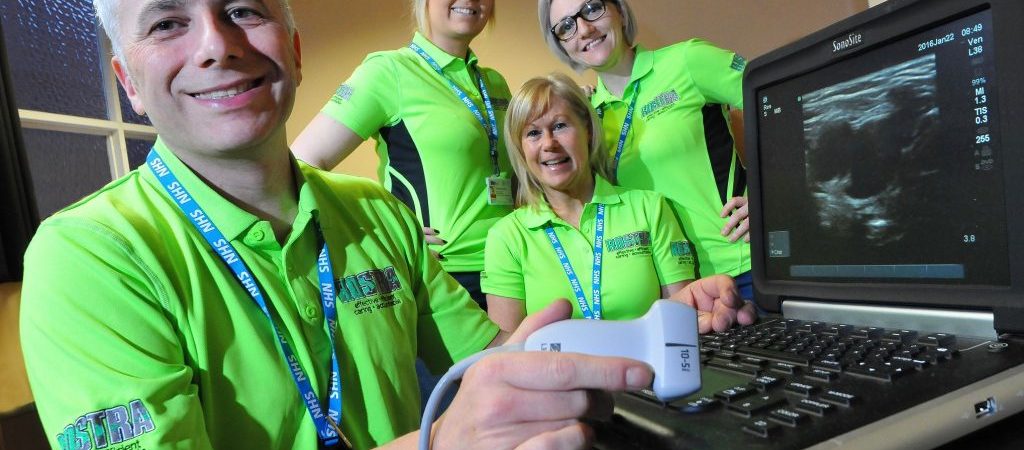
Brightest brains take on North East business problems
Durham University hosts UK and international maths, probability and statistics specialists this spring
The North East Local Enterprise Partnership (LEP) has teamed up with Durham University and the Smith Institute to offer a unique opportunity for the region’s businesses to have their problems solved by some of the world’s top maths, statistics and probability experts.
Durham University will be hosting the UK edition of the 116th European Study Group with Industry from April 11 to 15. The Study Group series includes one annual conference in the UK, which brings together specialists from all over Britain and beyond in order to seek solutions to maths-based corporate conundrums.
The North East LEP and Durham University are offering local businesses the opportunity to present to a team of expert thinkers the mathematical, statistical or probability problems that they feel are holding back their growth or preventing them from reaching their potential. The scientific panel will be able to consider industry issues of up to eight businesses, including some from the North East, and suggest ideas to tackle them.
In previous years, panels of the order of one hundred academics have worked with a wide cross-section of sectors and were always able to offer some novel approaches to help finding solutions.
Previous projects have included the use of track curvature as measured by cameras positioned on trains to determine their exact location; working out the best price for consumers for a large retailer; customer focused price optimisation; image analysis; decision support for nuclear arms control and studying the degree of mimicry of speech between people.
Dr Bernard Piette from Durham University’s Department of Mathematical Sciences, said: “We’re honoured to be hosting this year’s UK edition of the European Study Group with Industry at the Palatine Centre and Durham’s Collingwood College.
“It offers a chance to see how mathematics is used in the real world to offer solutions that can help businesses become more efficient or to boost their profits. It’s a great opportunity for North East businesses to take advantage of some of the world’s best mathematical thinking and gain new insights into complex problems that may be frustrating their growth.”
Submissions from North East businesses that are accepted by the panel of experts will be studied intensively over the week, and included in a presentation on the final day of the conference. Each business will also receive a written report a few weeks after the event.
Hans Möller, Innovation Director at the North East LEP, said: “This really is a fantastic chance for businesses to find innovative solutions to issues that may be holding them back.
“Even if the panel can’t solve the problem within the timescale, in every case so far, progress has been made towards finding a solution, which has often resulted in further collaborations between the parties involved.
“I’d urge any North East business that has a problem that could benefit from an appraisal by the team to get in touch with Durham University and apply to take part in the event.”
Businesses interested in submitting a proposal can find out more at https://www.maths.dur.ac.uk/events/Meetings/ESGI_116/ or contact Dr Bernard Piette on [email protected]








